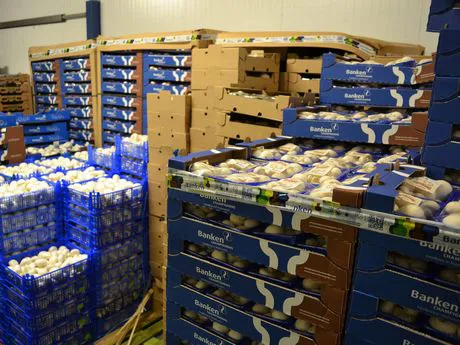
These imported mushrooms are the competition for the one and only mushroom grower in Iceland.
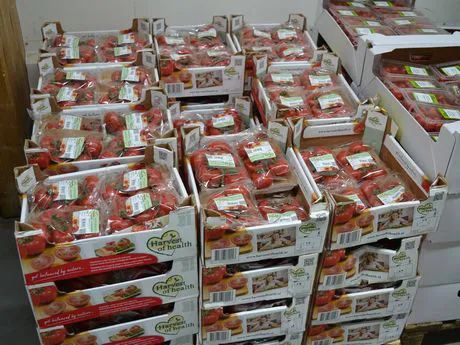
There is more competition on the tomato market.
Innnes wants to import more, but the company is running into problems here. “We mainly import mixed containers from the Netherlands, we have around five suppliers there,” says Kolbeinn. “We import from Spain in the winter months. We have imported from Chile, but had too many problems with this. There was insufficient space on the ship, among other things.” There are two shipping companies that call at the port of Reykjavik.
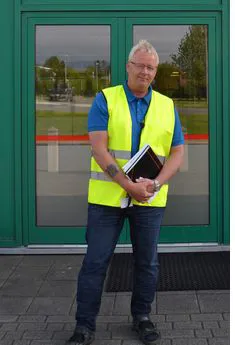 Flavour second
Flavour secondThere is also supply by plane. “In the crisis years there was enough space on board the planes for our products, but this is becoming increasingly difficult.” The line service between Reykjavik and Luik has recently gained competition from a line service from Amsterdam. “Icelandair has started transport flights from Amsterdam with a 767. Air transport is expensive, but more flexible.”
The layover many products make in Rotterdam, among others, isn’t ideal. “I think direct import is better for quality of the products,” says Kolbeinn. “The growers here in Iceland have done a lot of work over the last 20 years and for some products we are approaching the quality of the Dutch.” The Icelandic consumer mainly buys fruit and vegetables with their eyes. “Flavour is second, the products mainly have to look good. A cauliflower with a small spot won’t sell,” explains Kolbeinn.
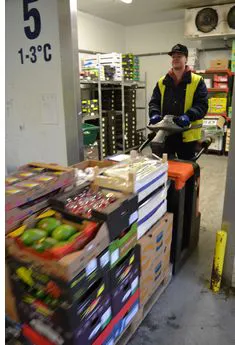 Labels and import protection
Labels and import protectionConsumers do have a preference for products with a label. Del Monte, Cobana, Chiquita, Frutas Esther and Sico do well. Recently retail has been more focused on price and the quality has become a lower priority. “Supermarkets forget the quality. That is also because we have price checks here which only look at the price and the quality doesn’t count. This keeps the quality of the products low.”
In the coming summer the Icelandic retail expects a change for the better. The American chain Costco will open its first location on the island. Known for its low prices, Kolbeinn is surprised how calm the response to this news is. “It’s remarkable how relaxed the Icelandic supermarkets are. The prices in the supermarkets are high and although the frequency of the ships to Reykjavik isn’t often, it can change the market.”
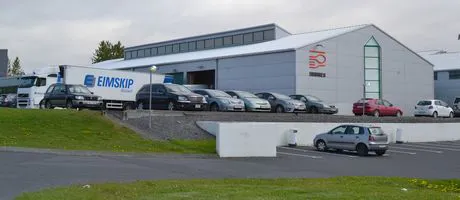
The current building of the fresh produce department of Innnes...
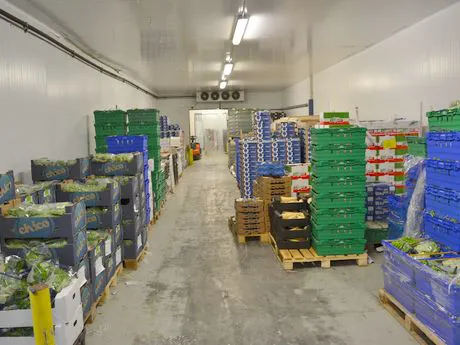
... is a bit small. The considered new construction is not a luxury.
Costco to Iceland
And although Iceland is taking over a lot of European regulation, the government has the option to set import taxes. In this way the potato cultivation in the country is protected. “The importer would rather get rid of those taxes. At the end of this year a few more taxes will be lifted on broccoli, white cabbage, cauliflower and iceberg lettuce.” It will probably lead to growers stopping. To illustrate, there is an import tax of 50 cents per kilo on mushrooms, which means that a crate of flown in mushrooms costs 1.30 Euro. Another example, the taxes on imported potatoes are enforced all year round. Even though there is no supply of Icelandic potatoes in May and June, importers still need a certificate. Protecting the sector is fine, but the rules shouldn’t be ridiculous.”
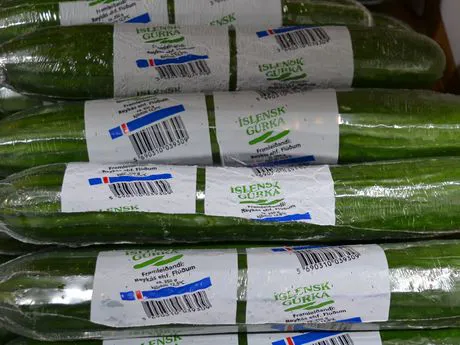
Icelandic cucumbers.
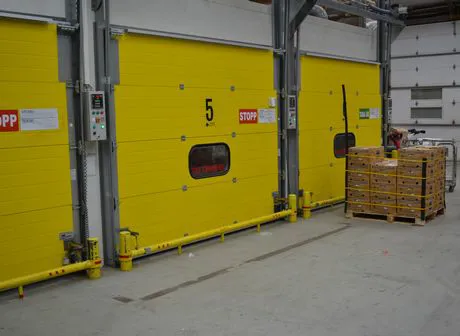
Ripening rooms for the bananas.
Innnes’ fruit and vegetable department was acquired a year and a half ago by a takeover of the company Bur. This company was specifically focused on the import of fruit and vegetables and was founded in 2002. “Due to this takeover we have become part of the largest importer of food items.” One of the advantages is that Innnes’ marketing budget is higher. With a total turnover of 56 million Euros in total Innnes is a large player. “Our main market is in Reykjavik, but we are also strong in the Hinterland.”
More information:
Innnes
Kolbeinn Agustsson
+345 510 9400
Ka@innnes.is
http://innnes.is/
